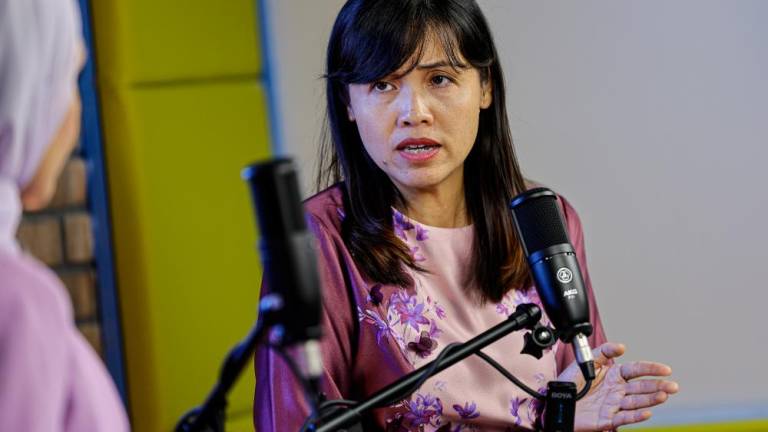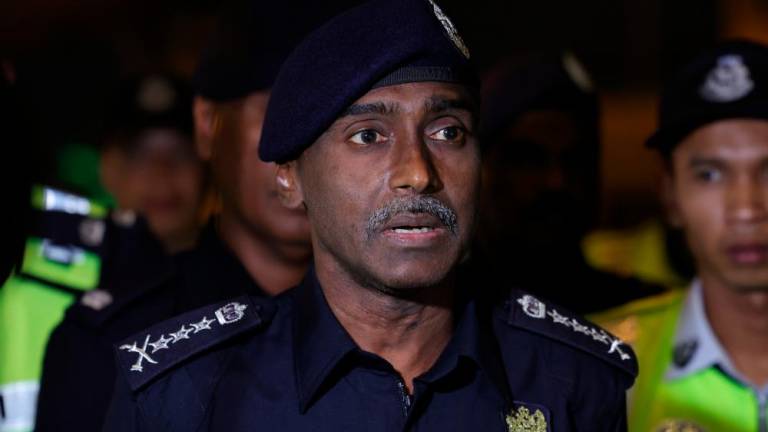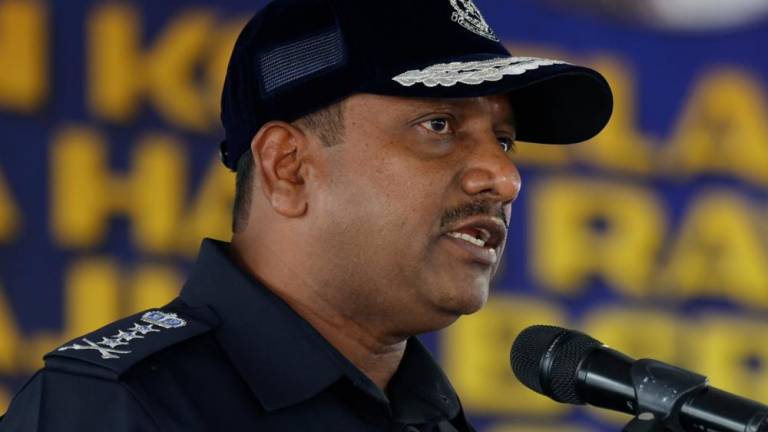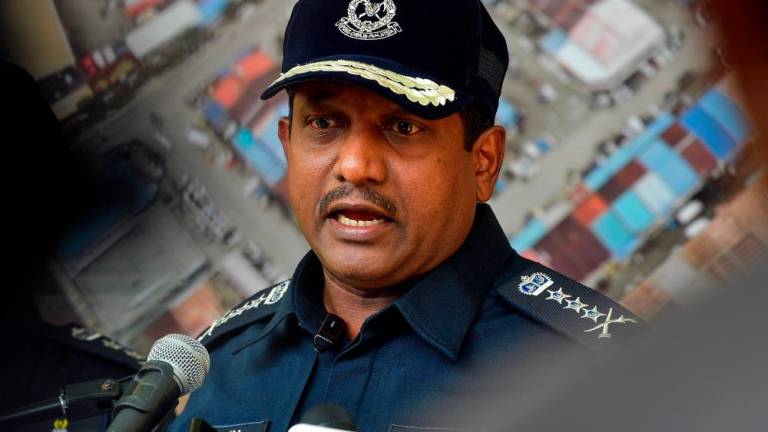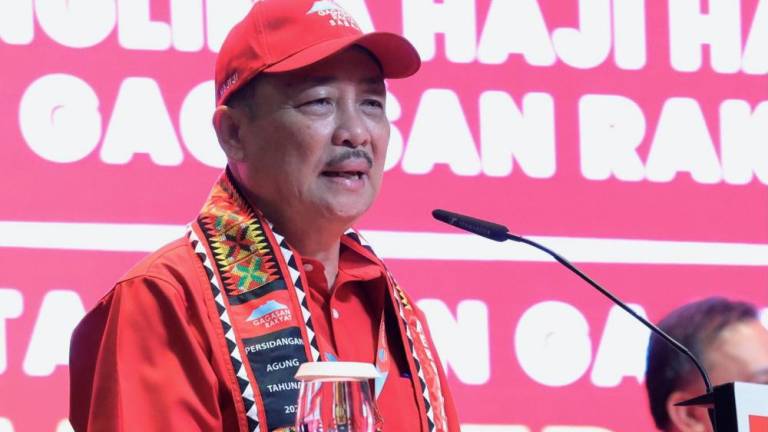IT may not seem that way, but Malaysian democracy has progressed. Amid the dismay over the recent political wranglings and twists and turns, there are valuable lessons we have learnt as a society in our journey as a democratic nation.
Lesson #1: Changing government peacefully
A peaceful transition of government cannot be taken for granted. When five state governments were won by the Federal Opposition in 2008, there were fears of unrest and talks of an Emergency being declared to deny the result. But other than some shredded documents and cleaned- out offices, the state governments changed hands without much ado.
That was an important precedent that served us well in 2018 when Pakatan Harapan (PH) became the Federal government. And, however, one views the morality of the Sheraton Move in 2020, there was a peaceful transition yet again when it happened.
It is now clear for politicians, the rakyat and civil servants alike that changing governments is a normal and peaceful occurrence. This normality is precious and must be reinforced and protected, even as there are those who seek to stir up racial and religious sentiments on social media.
Lesson #2: Realistic manifestos
In 2018, PH had the most impressive manifesto, however, the coalition faced difficulties implementing aspects of it, due in part to the extensive promises that were made. PH’s idealistic efforts, however, set a high bar for future elections.
The three large coalition blocs each produced detailed manifestos this election that have been pored over and analysed.
Being able to compare promises and offer support for a coalition based on their policies is another growth in our maturity as a democracy.
The next step would be for us to also have the awareness to assess whether the promises made are realistic and whether the government can afford them.
In some jurisdictions, civil servants even provide support to the Opposition prior to a general election to help them assess the feasibility and affordability of their manifesto pledges.
Lesson #3: Hung Parliament = Compromise
Malaysians have had to become instant experts on constitutional conventions and electoral systems in the past few years. This time around, we are learning about hung Parliaments and how such situations are resolved.
Although predicted by many analysts, voters still seemed surprised that the different parties, sworn enemies before the election, are now negotiating with each other. This, however, is an inevitability, given the results, and on hindsight, a scenario that political parties could have better prepared their supporters for.
This is a new situation for us and we are all learning together. Perhaps, in the future, it would be sensible for political parties not to swear against working with Party A or Party B pre-election, to avoid painting themselves into corners post-election.
Going back to Lesson #2 regarding manifestos, the parties can negotiate on the basis of seeing as many of their pledges implemented as possible. This is infinitely preferable to trying to entice each other with positions and power. Which brings us to Lesson #4.
Lesson #4: Anti-hopping law helps
It has been a relief to see most parties moving as a bloc and less attempts to pick off individual MPs, a-la the Sheraton Move, since the anti-hopping law was enacted.
The hopping of individual MPs from one bloc to another in 2020 disgusted many and resulted in political apathy among the rakyat, who came out in droves in the 2018 general election, only to see its historic result overturned.
While there may be more refinement needed of the law going forward, its existence has helped to create a more stable situation.
Lesson #5: The rakyat is boss
The most important lesson of all is that we, the rakyat, are the boss of the country.
Even five years ago, it seemed unlikely that Barisan Nasional would lose their majority in one election and then their dominance in the next.
The message to all political parties is clear – there is no room for complacency, the rakyat holds the power to change governments.
There have also been other democratic reforms over the years, after decades of advocacy and hard work by the people. Laws like the dreaded Internal Security Act have been repealed.
The Bersih rallies did so much to educate the public on electoral reform and the power of peaceful protest.
The judiciary is also on a surer footing compared with the dark days of the chief justice’s removal.
Our electorate is more engaged than ever, with an impressive voter turnout and the highest number of votes cast in Malaysian history.
Better and worse
There are better and worse Malaysias out there, and which path we take depends on our actions going forward, regardless of who is in government.
Whoever becomes the prime minister tomorrow, next month or next year, we the rakyat must make sure that we continue strengthening our democratic processes and institutions.
Democracy is alive and well in Malaysia, and everyone can play a part in keeping it that way.
We have much to be proud of, and no one can take that away from us.
We have come far, and we have further to go.
Ding Jo-Ann is an adviser for the Centre for Independent Journalism and a former lawyer and journalist. Comments: letters@thesundaily.com








